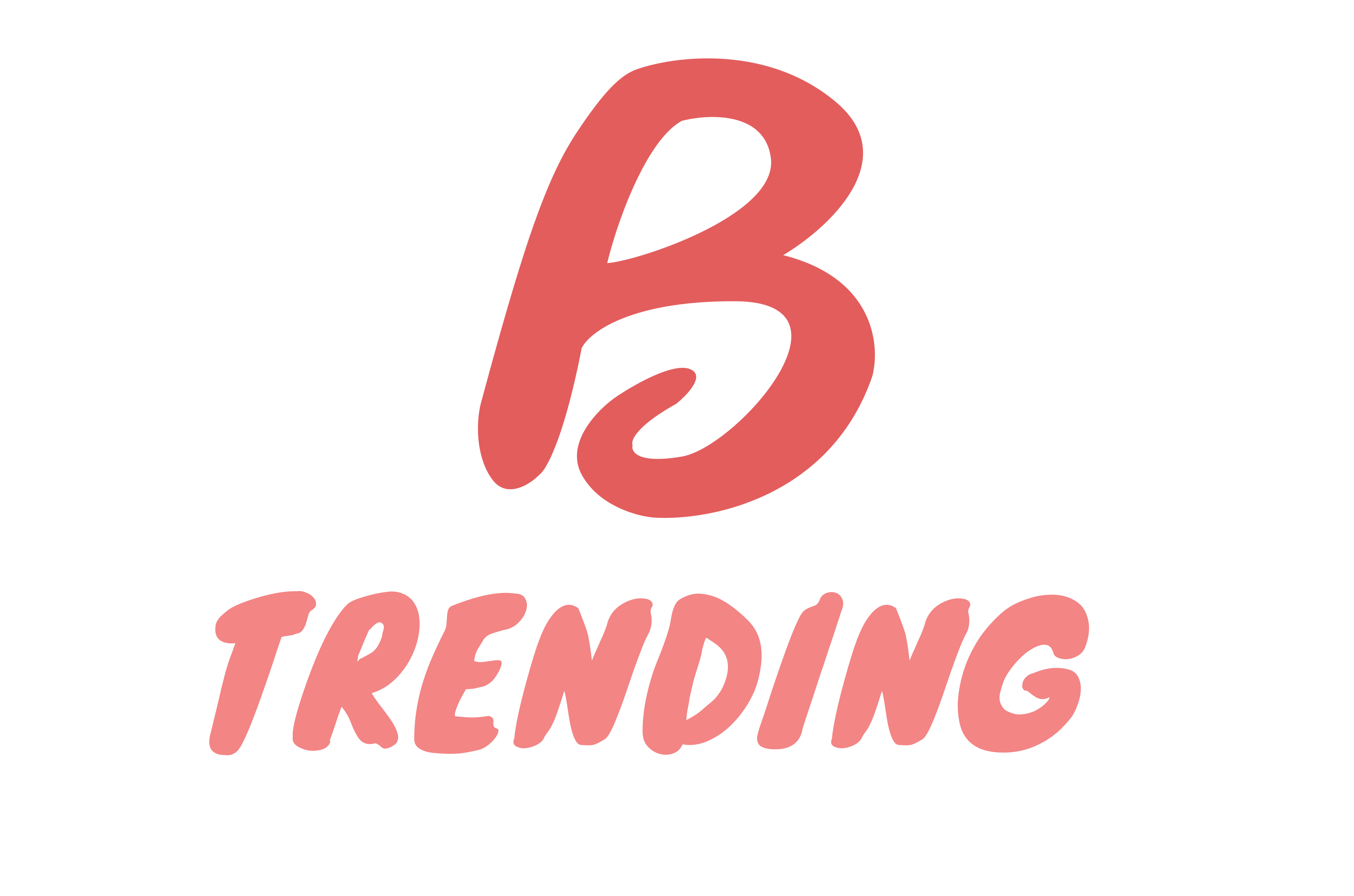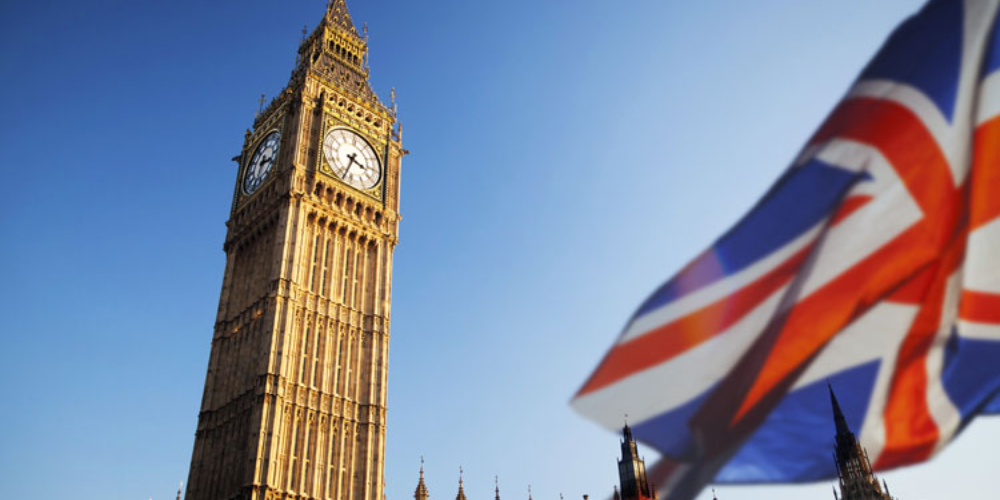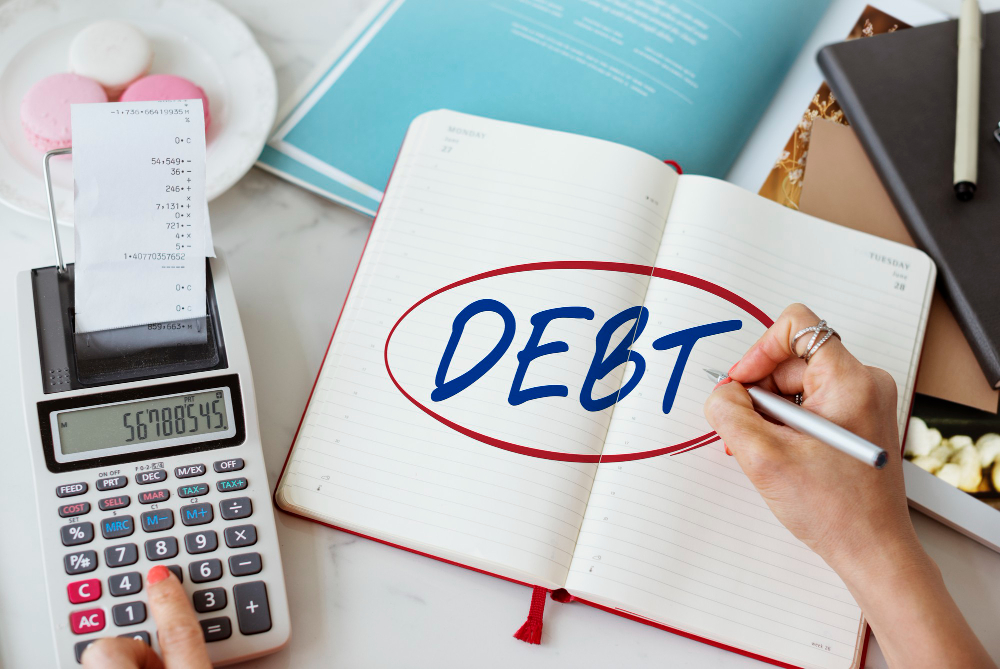No one is exempt from the negative repercussions of an economic recession. However, there are things people can do to protect themselves and their finances from ruin during a financial crisis.
Having a fallback like an emergency fund is one of these ways. Building such a reserve of money is important, especially given the uncertainty of the current times.
The problem now is how people who may be on a tight budget can start their funds. Here are some practices they can observe to come up with a 6 to 12 months of money buffer.
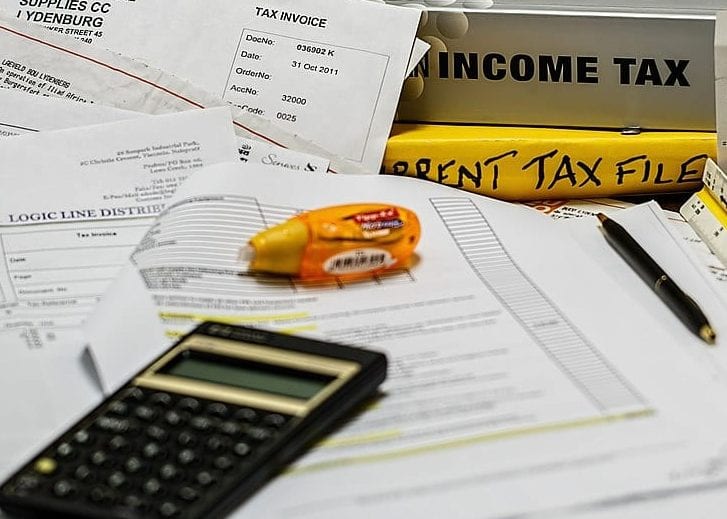
stevepb/Wikimedia Commons | Think seriously about where you’ll be sending your tax refund
The Right Way to Save
Follow writer Elizabeth Aldrich’s lead and start by automating certain processes, such as saving. In Aldrich’s case, she began by setting up her checking account to make a $125 transfer to a high-yield savings account every week before the weekend.
Doing so helped her avoid spending more than she intended, which usually happens around that time. In the end, she grew her money through regular deposits and the interest she earned over time.
Don’t Spend Your Tax Refund
Don’t have the extra cash right now to put towards an emergency fund? Writer Laura McCamy suggests saving one’s tax refund and building up from there.
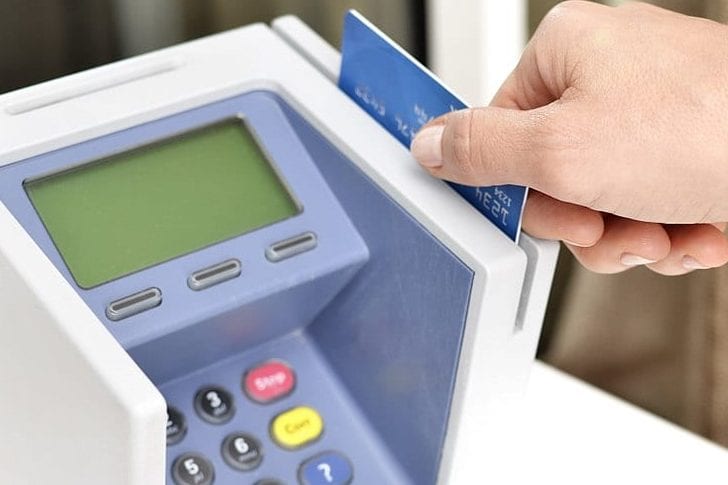
Hloom Templates/Wikimedia Commons | Using cash-back credit cards earns people money when they purchase products or services
She shares how a friend suggested that she keep her refund money in savings for a couple of months first and then decide whether she still wanted to spend it later. This was a way for her to avoid the temptation of using the money to buy stuff. In the end, she succeeded and created some sort of financial fallback.
Smart Credit Card Use
Another smart way to create an emergency fund for those with small incomes is by using cash-back credit cards. Although buying things on credit often gets a bad rap, responsible credit card spending can lead to some perks in the form of rewards.
For example, writer Clint Proctor opted for a cash-back credit card with sign-up bonuses and then put the amount toward his emergency savings account. Of course, the strategy would only work well if the card user remains consistent with paying off their card.
Paycheck Budgeting
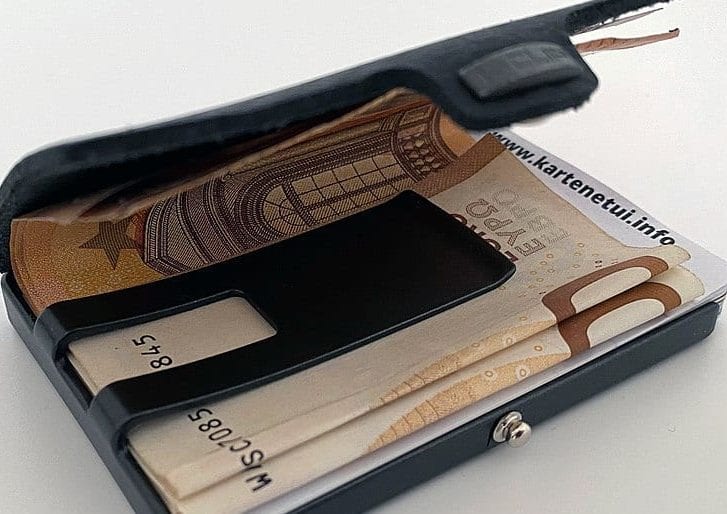
www.kartenetui.info/Wikimedia Commons | Only spend money you already have
Meanwhile, people with a small salary would benefit from following what financial planner Elaine King did. At the beginning of her career, she built an emergency fund by cutting back on her expenses and choosing to live on last month’s paycheck instead.
This meant coming up with a schedule for paying bills and going shopping. And to avoid spending more than she intended, she switched from credit cards to a debit card.
